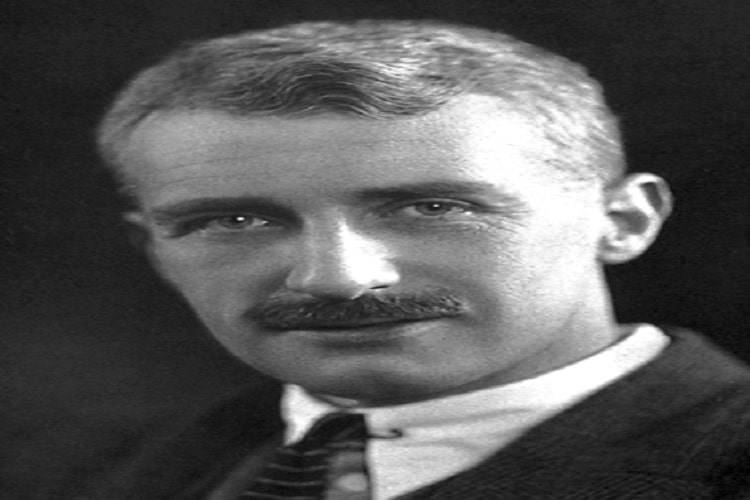Archibald Hill: Exploring the Dynamics of Muscular Function

Archibald Hill (26 September 1886 – 3 June 1977) was a British physiologist. In 1922, Archibald Hill was awarded the Nobel Prize in Physiology or Medicine.
Life and Career
Archibald Hill was born on 26 September 1886, in Bristol, England. Archibald Hill studied at Trinity College, Cambridge, where he graduated in natural sciences. Hill’s research focused on the mechanics and energetics of muscle contraction. He developed the concept of the “Hill coefficient,” which describes the cooperativity of binding in certain biological processes.
He also conducted groundbreaking research on oxygen consumption in muscles during exercise, which laid the foundation for our understanding of how muscles generate energy. During World War I, Hill worked on the development of gas masks and the study of the effects of poison gas on the respiratory system. He held academic positions at several institutions, including University College London and the University of Manchester. Archibald Hill passed away on 3 June 1977, in Cambridge, England.
Award and Legacy
Archibald Hill was awarded the Nobel Prize in Physiology or Medicine in 1922 for his work on the physiology of muscles and the process of energy production during muscle contraction. He shared the Nobel Prize with German physiologist Otto Meyerhof, who had independently researched similar topics. In addition to the Nobel Prize, Hill received several other honors and awards throughout his career for his outstanding contributions to science.
Hill’s research on muscle physiology and energy metabolism had a profound and lasting impact on the fields of physiology and biochemistry. His work contributed to our understanding of how muscles function and provided insights into the bioenergetics of muscle contraction. Hill’s research laid the groundwork for subsequent studies in exercise physiology, sports science, and the treatment of muscular disorders. He is remembered as one of the pioneers in the field of muscle physiology and a key figure in the history of physiology.
Observer Voice is the one stop site for National, International news, Sports, Editor’s Choice, Art/culture contents, Quotes and much more. We also cover historical contents. Historical contents includes World History, Indian History, and what happened today. The website also covers Entertainment across the India and World.
Follow Us on Twitter, Instagram, Facebook, & LinkedIn

